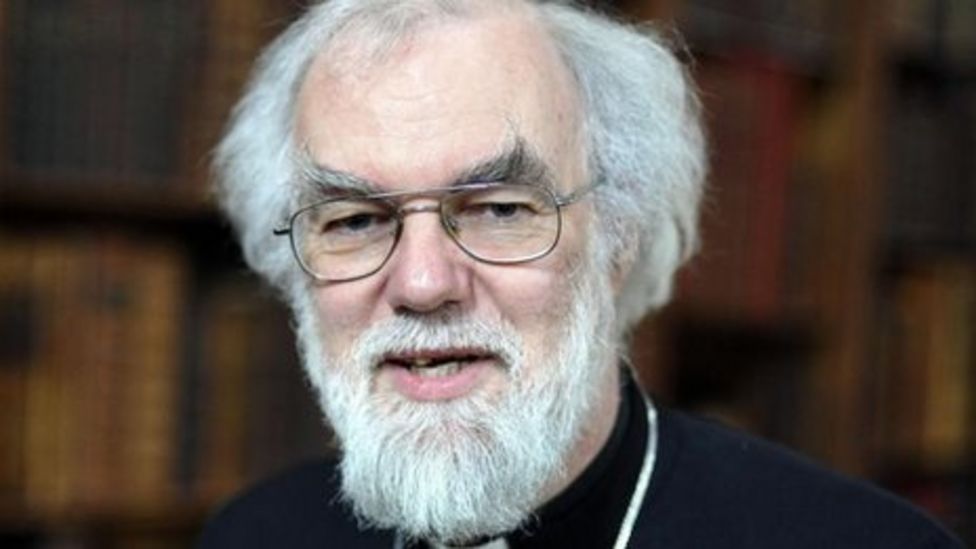The Bahá’í teachings offer profound insights into the complexities of forced religious coercion, an issue that remains alarmingly relevant in contemporary society. As we delve into this subject, it is essential to explore not only the ramifications of such coercion but also the perspectives of the Bahá’í Faith, which advocates for a universal approach to human rights, religious freedom, and the innate dignity of all individuals.
The concept of forced religious coercion embodies the imposition of belief systems upon individuals through various means, ranging from societal pressure to outright violence. In an age marked by remarkable technological advancement and interconnectivity, one would assume that tolerance towards differing beliefs would be at an all-time high. However, the stark reality is that countless individuals around the globe continue to face persecution or coercion due to their spiritual affiliations or beliefs. This disturbing paradox emphasizes the ongoing urgency for discourse and action surrounding these violations of fundamental rights.
The Bahá’í Faith, rooted in the principles of unity and non-discrimination, vehemently opposes any form of religious coercion. Central to its teachings is the belief that religion should be the cause of love and harmony rather than division and enmity. Bahá’u’lláh, the founder of the Bahá’í Faith, articulated this vision when He declared that “the earth is but one country, and mankind its citizens.” This statement not only establishes the interconnectedness of humanity but also sets the stage for examining the detrimental impact of forced religious allegiance on societal cohesion.
One pivotal tenet of Bahá’í teachings rejects the notion of coerced belief: the idea that true faith can only be embraced willingly. Bahá’ís are encouraged to engage with spirituality actively, seeking personal understanding and revelation rather than conforming to outmoded traditions or imposed doctrines. This approach aligns with the universal principle of free will, which advocates for each individual’s autonomy in making spiritual choices.
The ramifications of forced religious coercion extend beyond the individual level to societal structures and global interactions. When coerced into conforming to a specific belief system, individuals often experience profound psychological distress, loss of identity, and severed familial and communal bonds. The casualty of such coercion is not merely the individual’s spiritual journey but the broader ethos of humanity, wherein diversity enriches the collective experience. The Bahá’í Faith underscores the importance of safeguarding this diversity as a matter of moral imperative.
Furthermore, religious coercion frequently manifests in systemic violence, discrimination, and repression. Many regions of the world witness alarming rates of human rights violations fueled by religious intolerance. The Bahá’í teachings advocate for justice and equality for all, condemning acts of violence against any religious community. The principle of oneness, embodied within the Bahá’í faith, is integral to addressing the crises arising from enforced conformity. Rather than creating walls, faith should be an avenue for fostering understanding and affection.
In understanding the effects of forced religious coercion, it is crucial to unpack the underlying societal narratives that perpetuate intolerant behaviors. Often, deep-rooted historical grievances and cultural biases exacerbate divisions. Education plays a pivotal role in dismantling these prejudices by fostering dialogue and building bridges of empathy. The Bahá’í vision thrives on the belief that education, particularly in the moral and spiritual realms, can transition societies from coerciveness to inclusivity, from intolerance to understanding.
The Bahá’í Faith champions the role of youth in this transformative process. Through programs promoting service, arts, and community-building initiatives, the younger generations are positioned as catalysts of change. In a world replete with rapid shifts and challenges, their capacity to reinterpret religious tenets in ways that transcend coercive paradigms is essential. Encouraging a culture of critical thinking and compassion among youth requires a paradigm shift, redirecting focus from fear-based adherence to love-based realization. In doing so, the cycle of coercion can be disrupted.
Despite the pervasive nature of forced religious coercion in various communities worldwide, there remains hope. Movements advocating for religious tolerance and freedom are emerging, galvanizing efforts to protect the rights of marginalized groups. These movements align with the Bahá’í principle that true religion must be the cause of peace and unity. When cultures embrace this principle, they cultivate environments where diverse beliefs can flourish without the threat of coercion.
In conclusion, forced religious coercion represents a significant challenge in achieving a peaceful and united global society. Utilizing the teachings of the Bahá’í Faith, which promotes the values of love, unity, and respect for diversity, can empower individuals and communities to challenge these coercive practices. By fostering dialogue, enhancing education, and uplifting the marginalized, humanity can embark on a journey towards greater understanding. It is through the concerted efforts of individuals that the promise of a world free from coercion can become a reality, one where every individual feels secure in their spiritual identity and is afforded the dignity they inherently deserve.
